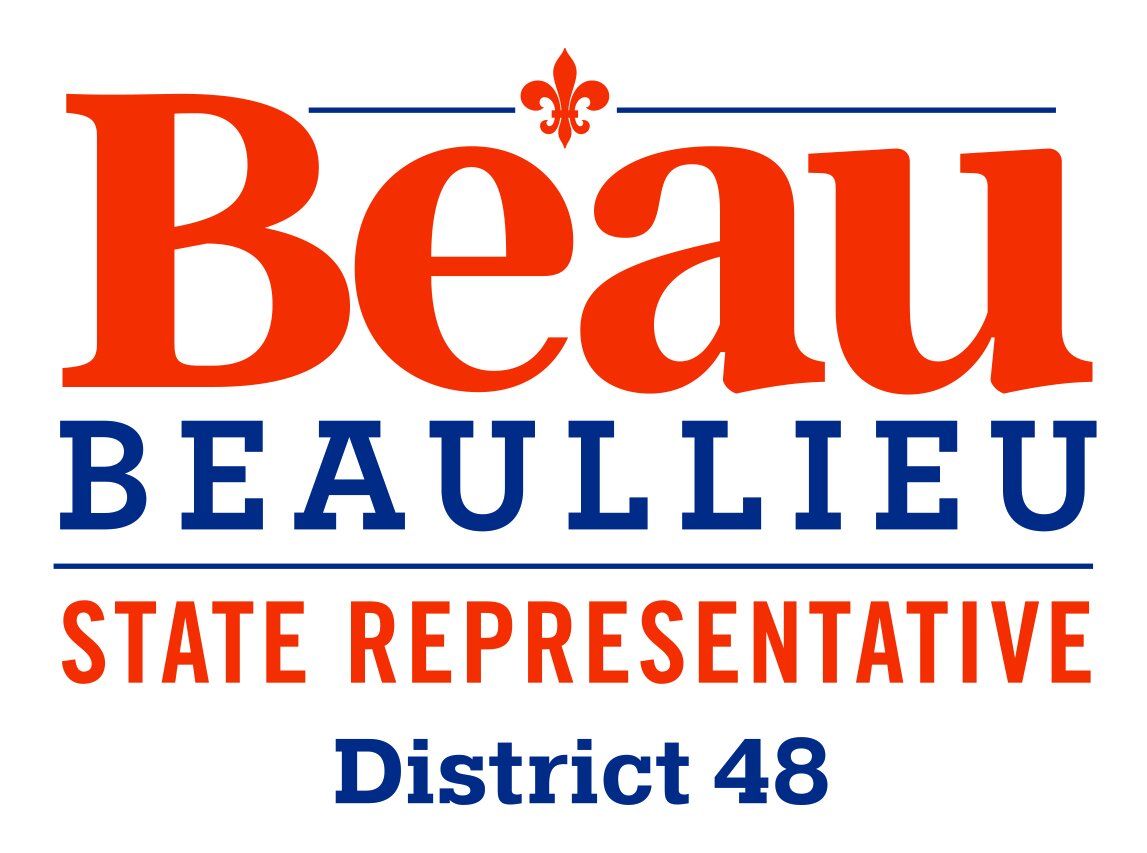Mr. Speaker, I rise today to congratulate Tammy Grace Barnett of Robeline, Louisiana, for being the first female recruit to enlist with the United States Army infantry.
I am tremendously proud of Tammy, a Louisianian who has stepped forward and answered the call to serve our nation. Prior to enlisting with the Army, Tammy has been serving her community in Louisiana as a law enforcement officer. On April 7, she gave up her Louisiana law enforcement badge and courageously took the Oath of Enlistment to become the first female recruit to enlist in the United States Army infantry division. Ms. Barnett truly reflects the spirit of Louisiana by living a life of service. We are forever indebted to these brave men and women. To commemorate this fact, I include an article, written by Troy Washington of KSLA News, into the Congressional Record in its entirety here:
ROBELINE, LA - A Robeline native is making armed forces history as the first woman to enlist in the infantry in the United States Army.
Women in combat has been a topic of controversy for years, but now progress is being made.
Tammy Barnett was a police officer but traded in her badge to make history.
She's looking forward to seeing action on the front lines and making gains for women in the military.
Thursday, Barnett proudly raised her hand to take the Oath of Enlistment.
Dressed in tennis shoes, jeans and a t-shirt, 25-year-old Tammy Barnett stepped into the history books.
Barnett has been meeting with a recruiter since November and this week, at the military processing unit in Shreveport, she took a leap that's never been made before, she joined the infantry in the U.S. Army.
"They told me that I would be the first female in history to go infantry in the military," said Barnett.
Recently, the defense department lifted gender-based restrictions on military service. The historic change cleared the way for women like Barnett who want to serve on the front lines.
On April 4, the processing center received word that women would be allowed to sign up for combat jobs. Now, Barnett is hoping that others will follow her lead.
"I hope that I give them the courage, because I'm a small female, if I can do it, they can do it too, this could give them the courage to step out of their comfort zone," explained Barnett.
Barnett isn't fond of the limelight, but she has no problem stepping forward when it comes to service.
"I was going to go military police, but infantry is similar, and they are more on the front lines, like law enforcement here and I said that's what I want to do," said Barnett.
With her mind made up, Barnett isn't looking back, only forward to a future full of possibilities and breaking barriers for women in the military.
Barnett will head to Fort Benning, Georgia to start training. In the meantime, she says she's going to celebrate her history-making moment by going fishing this weekend.ve the front lines for my country.”

























